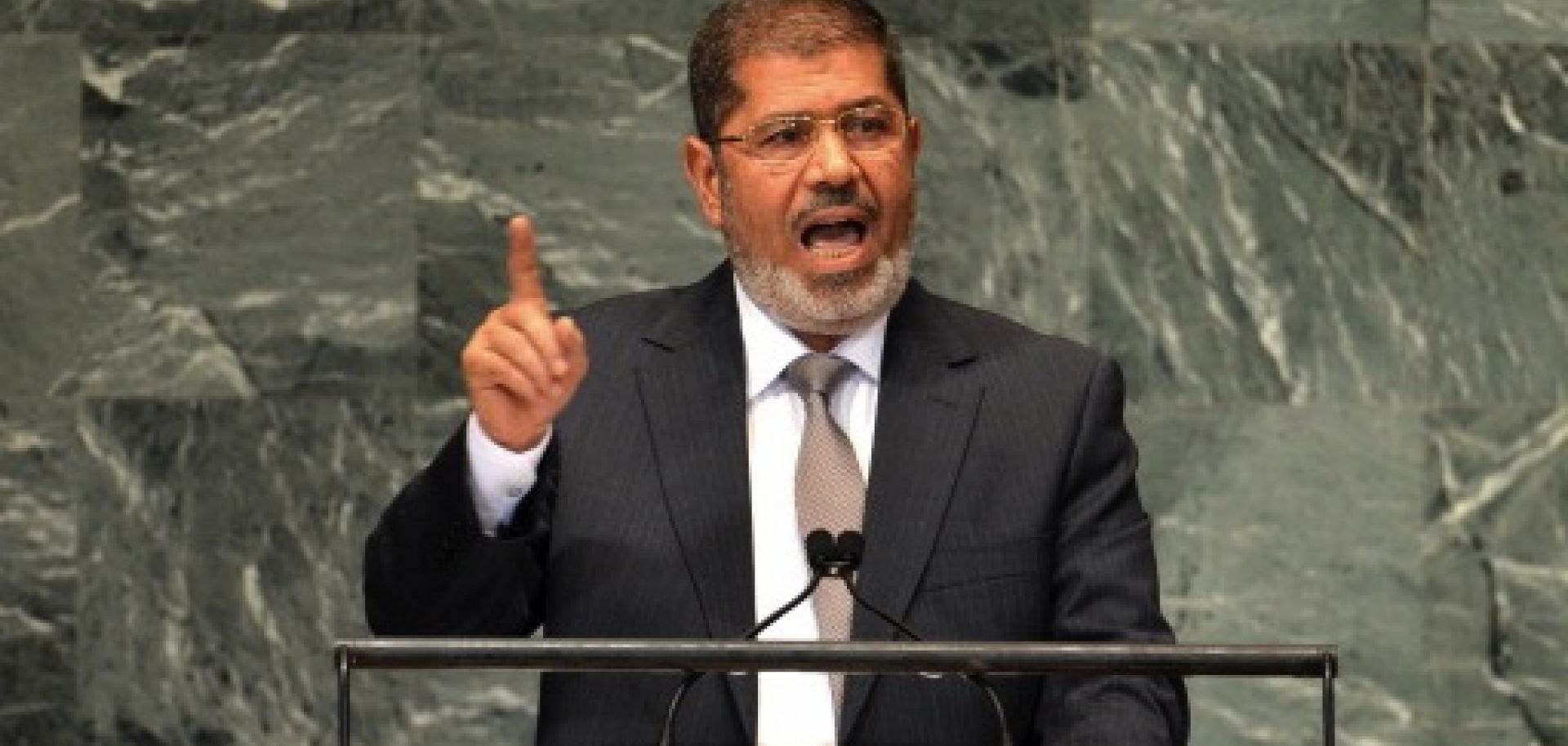ASSESSMENTS
Egypt's Worsening Economic Outlook
Sep 27, 2012 | 10:00 GMT

John Moore/Getty Images
Summary
In the wake of the Egypt's 2011 revolution, the country is facing an increasingly unstable economic environment. Foreign lending has dried up, forcing Egypt to use its dwindling foreign reserves to stabilize its currency while relying almost entirely on the domestic financial sector to fund the government's budget deficit. Although some foreign aid has been promised, Egypt's attempt to secure lending from the International Monetary Fund is key. In exchange for support, the IMF would likely require complex domestic reforms involving subsidy cuts or currency devaluation.
Egypt is already facing serious political challenges, with sporadic outbursts of social unrest threatening the fledgling administration of Egyptian President Mohammed Morsi. Policy changes that increase living costs could trigger further turmoil. However, an IMF loan would help defuse investor concerns and restore Egypt's access to international capital markets. In the meantime, depending on the pace of IMF negotiations, Cairo may need to allow the Egyptian pound to devalue anyway in order to preserve the central bank's foreign reserves.
Subscribe Now
SubscribeAlready have an account?
